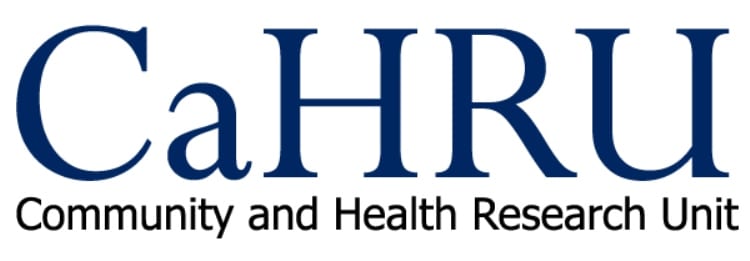CaHRU Newsletter (Summer 2018)

The latest edition of the CaHRU Newsletter (Summer 2018) was published in July 2018. The newsletter presents the work of the research centre over the previous three months and includes articles from the CaHRU blog covering publications, conferences and funding. Continue reading CaHRU Newsletter (Summer 2018)




